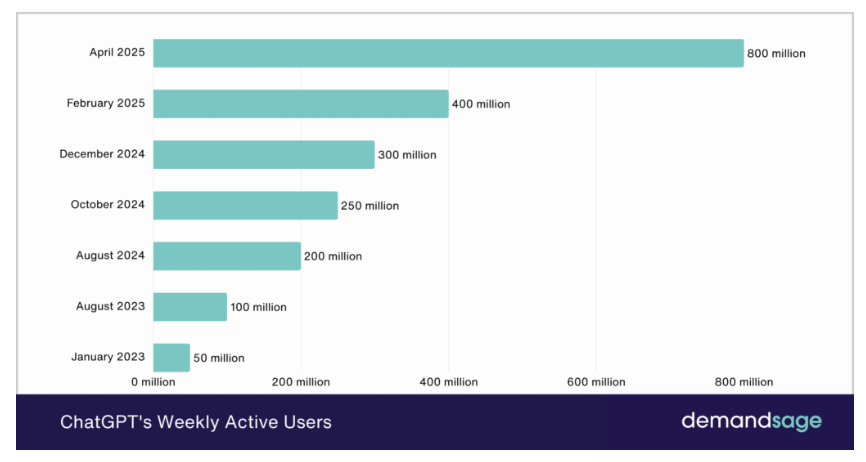
OpenAI, known for its ChatGPT, has restructured into a public benefit corporation, allowing for enhanced flexibility in capital raising to support its ambitions in artificial intelligence.
As reported by The Wall Street Journal, this restructuring gives Microsoft a 27% stake in the newly formed entity, which is now valued at approximately $135 billion. This deal includes a seven-year extension of Microsoft’s access to OpenAI’s core technologies.
In this collaboration, OpenAI has pledged to invest $250 billion in Microsoft’s Azure cloud services throughout the partnership’s duration, reinforcing the financial and strategic bond between the two firms.
While a public benefit corporation can still be profit-driven and capable of capital growth, it does not address the concerns raised by Elon Musk regarding OpenAI’s shift from its nonprofit beginnings towards commercial pursuits and profit generation.
Related: OpenAI launches browser with a brain powered by agentic AI
ChatGPT’s reach extends to AI trading as rivals gain ground
ChatGPT continues to be the most widely utilized large language model, boasting around 800 million active users weekly, based on industry statistics.
 Growth in weekly active ChatGPT users. Source: Demandsage
Growth in weekly active ChatGPT users. Source: Demandsage
The capabilities of this model extend significantly, integrating into AI trading bots across crypto and traditional markets. These bots utilize ChatGPT to evaluate market data, adapt to trading patterns, and refine their strategies instantly, according to Cointelegraph.
In recent studies comparing the performance of different large language models designed for crypto trading, Grok—created by X—and DeepSeek, a leading AI from China, were found to outperform ChatGPT and Google’s Gemini in simulated trading scenarios.
The projects commenced with initial capital of $200 for each bot, later scaling up to $10,000 per model, with trades taking place on Hyperliquid, a decentralized exchange.
Related: Amazon AWS outage knocks Coinbase mobile app offline, Robinhood disrupted



